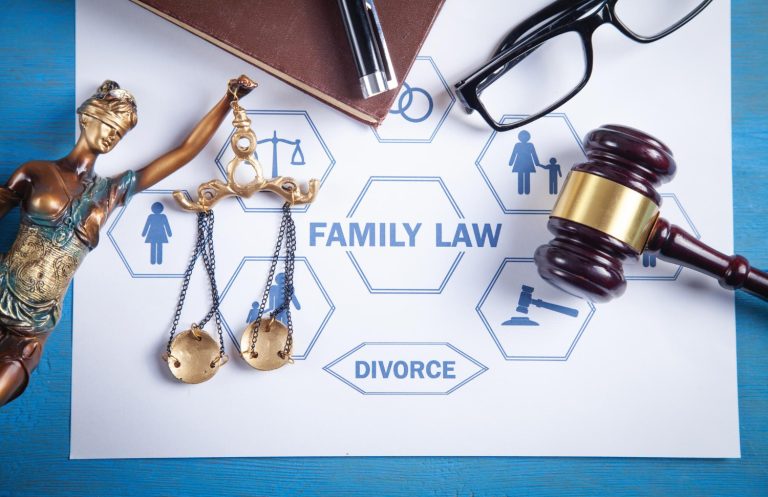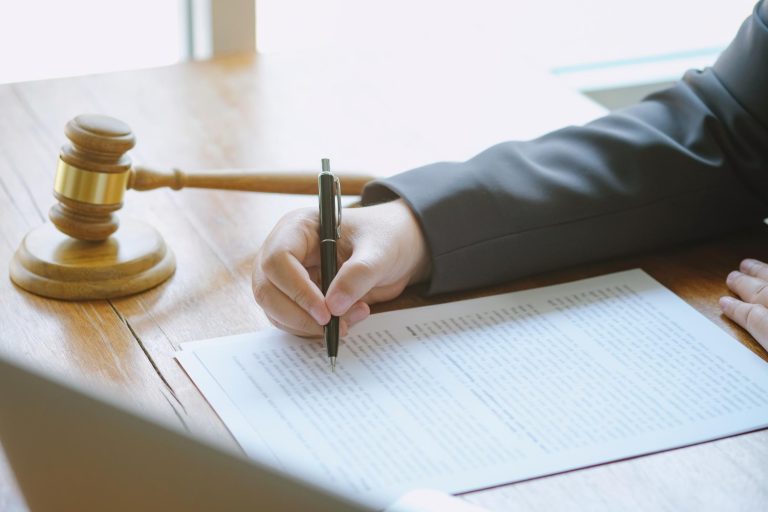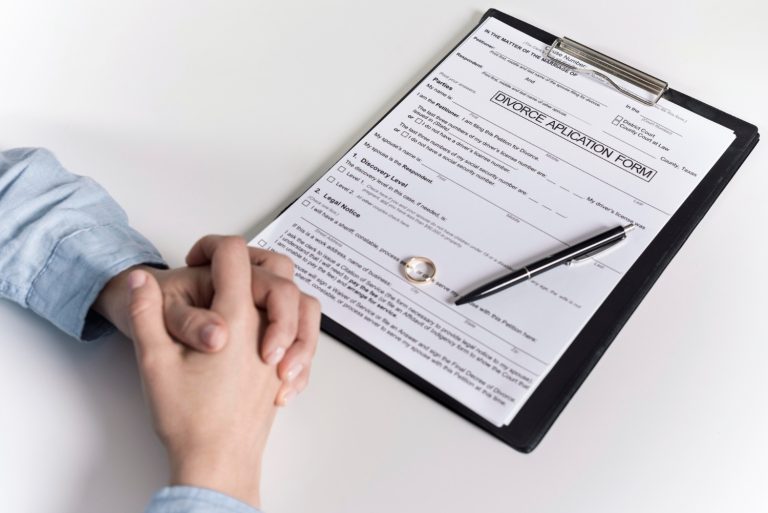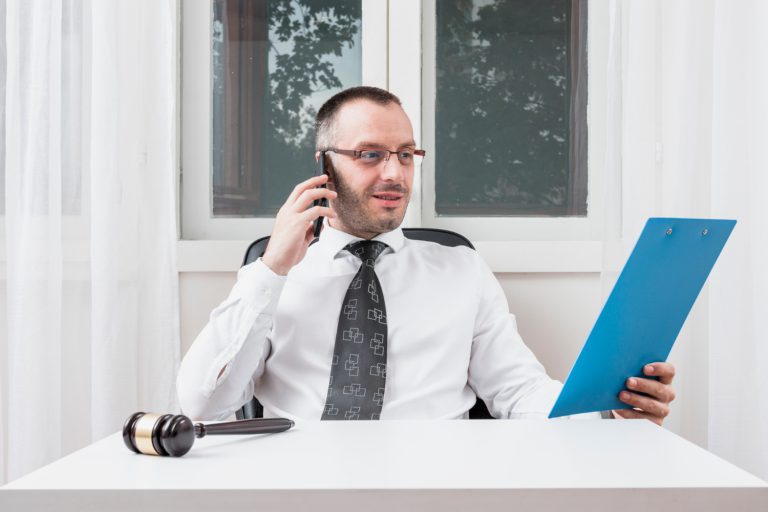I understand that seeking free family law advice can be stressful and confusing, but you’re not alone. At MenduniMartindill, we’re experienced divorce lawyers committed to guiding you through every step without unnecessary expenses. Whether you’re dealing with custody battles or asset division, our goal is to provide clear and helpful advice for your unique situation. Let us help you understand your rights and the best way forward during this challenging time.
According to FindLaw, you can get free family law advice from legal aid organizations, family law clinics, and pro bono services. Legal aid organizations offer help to those who cannot afford a lawyer, while family law clinics often operate through law schools. Pro bono services are provided by lawyers who volunteer their time.
Understanding Free Family Law Advice
Free family law advice offers valuable legal insights and support on family matters at no cost.
You can get help with family law through legal aid programs, free services from lawyers, or free consultations. Family law deals with issues like divorce, child custody, child support, spousal support, domestic violence, and adoption. Even though the advice is free, it comes from experts in family law.
This advice can help you understand the legal system, know your rights, and make better decisions about your situation. It’s important to look for free advice if you need it, as it can offer valuable help during tough legal times. Always make sure to find trustworthy sources for this advice to get accurate information.
Types of Free Legal Assistance
Free legal assistance includes legal aid clinics, pro bono services, and legal aid societies, each offering unique support options for those in need.
Legal aid clinics are often run by law schools or non-profit groups and offer free legal help on various issues like family law, housing problems, and immigration. Pro bono services are when lawyers donate their time and skills to help people who can’t afford a lawyer. You can find these services through bar associations, non-profit groups, or law firms.
Legal aid societies are non-profit organizations that provide free legal help to low-income individuals and families. They often have lawyers who focus on areas like job discrimination or public benefits. Each type of free legal help has its own rules about who can use it and what kinds of services they offer. But all of them aim to give legal help to those who can’t afford to hire a lawyer.
How to Find Legal Aid Services
Many universities offer free legal aid clinics where law students provide assistance under the supervision of experienced attorneys.
You can also contact your local legal aid office or go to a legal clinic. Another idea is to ask friends or family for recommendations.
Make sure to share details about your finances to see if you can get free or low-cost legal help. Don’t wait to get assistance if you have a legal problem, since quick action can often affect the results of your case.
Questions to Ask Family Law Experts
Ask family law experts about their experience with similar cases, their conflict resolution strategies, and their communication style to ensure you have the best advocate on your side.
Ask them about their fees, the timeline for your case, and any potential issues you might face. Make sure to find out how they will keep you updated and what your part will be in making decisions. Also, talk about strategies for reaching your goals and what possible outcomes you could expect.
It’s a good idea to ask how they handle negotiations and court cases, as well as any other ways to solve disputes. Finally, check their understanding of current laws and local family court rules. By asking these questions, you can make sure that you are working with a knowledgeable and experienced family law expert who can help you through your case.
Resources for Free Legal Consultations
Many law schools offer pro bono clinics where law students, supervised by licensed attorneys, provide free legal consultations.
If you need legal help but can’t afford a lawyer, you have a few options:
- Contact your local legal aid society. They offer free or low-cost legal services.
- Look for pro bono programs where volunteer lawyers help people for free.
- Many law schools have clinics where students, supervised by licensed lawyers, provide free legal help.
- Search online for websites that provide free legal information and resources.
- Check if your local bar association offers free legal clinics or consultations.
There are many ways to get free legal advice and help when you need it.
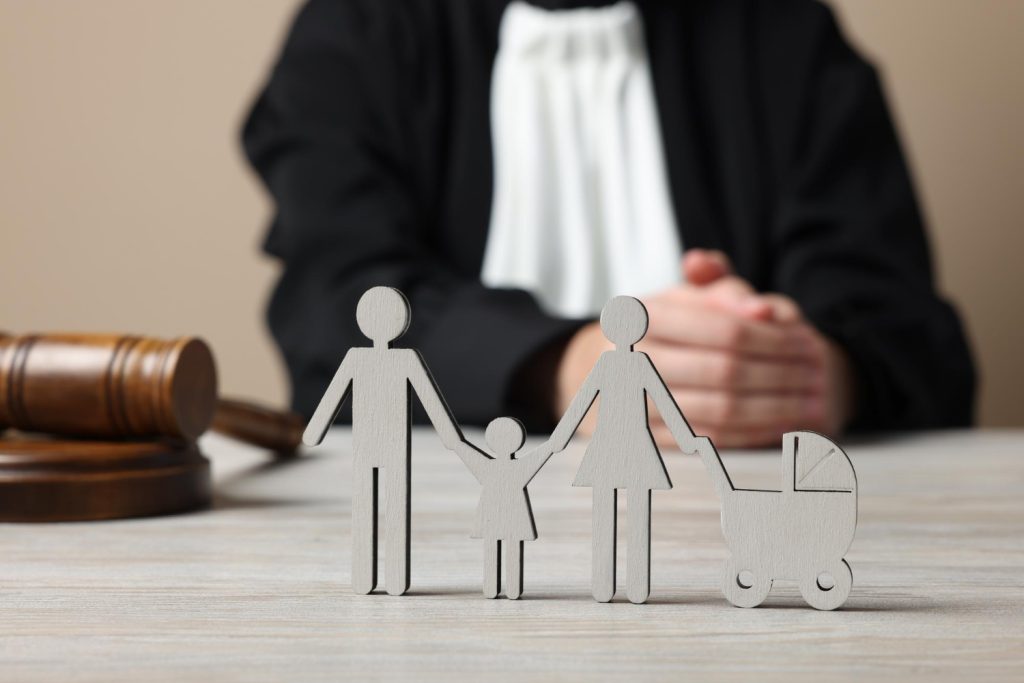
My Concluding Remarks
There are various avenues available for individuals seeking free family law advice. From legal aid services and non-profit organizations to online resources and pro bono clinics, help is accessible to those in need.
What MenduniMartindill is encouraging the use of is, by reaching out to these resources, individuals can obtain the guidance and support necessary to work through complex family law issues effectively and affordably.
References
1. “Everyday Law for Families” by Attorneys Rochelle and Aaron L. Parry, Nolo
2. “Family Law in America” by Sanford N. Katz, Oxford University Press
3. “The Family Law Guide for Ontario: Knowing Your Rights and Obligations” by John Schuman, J.D., Self-Counsel Press



